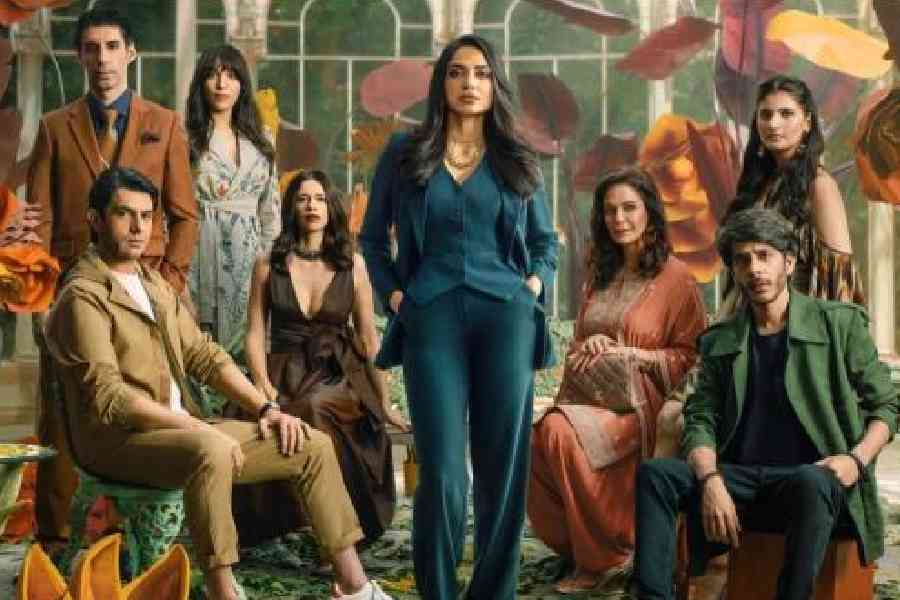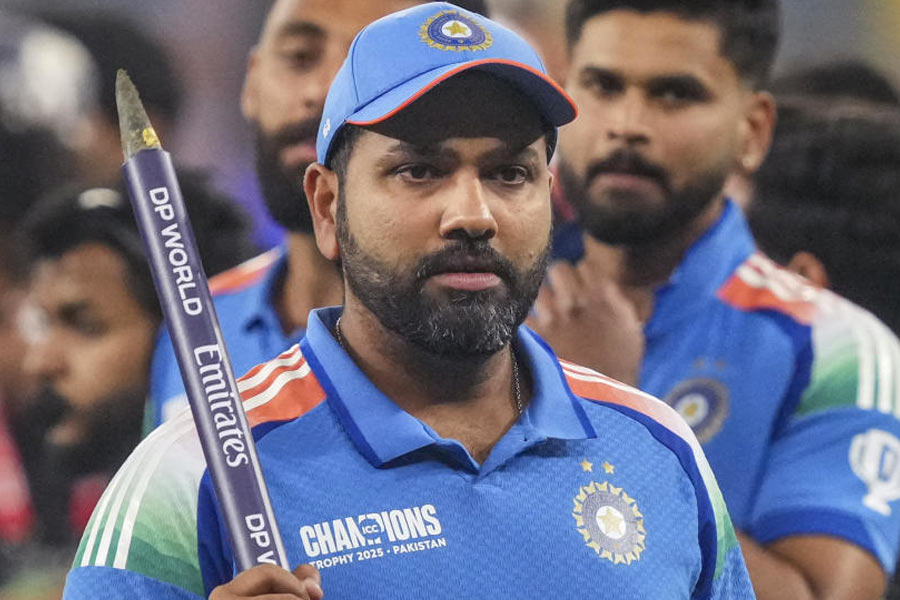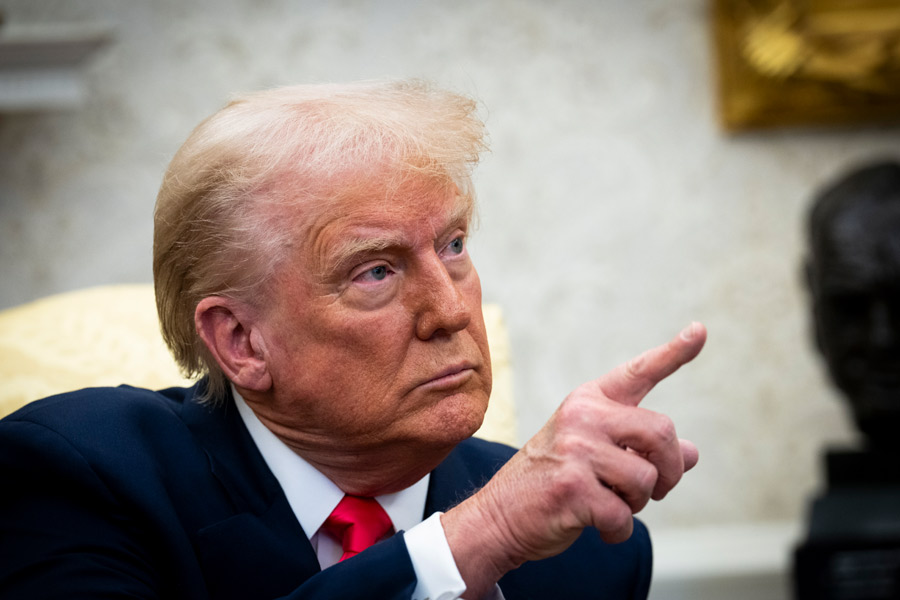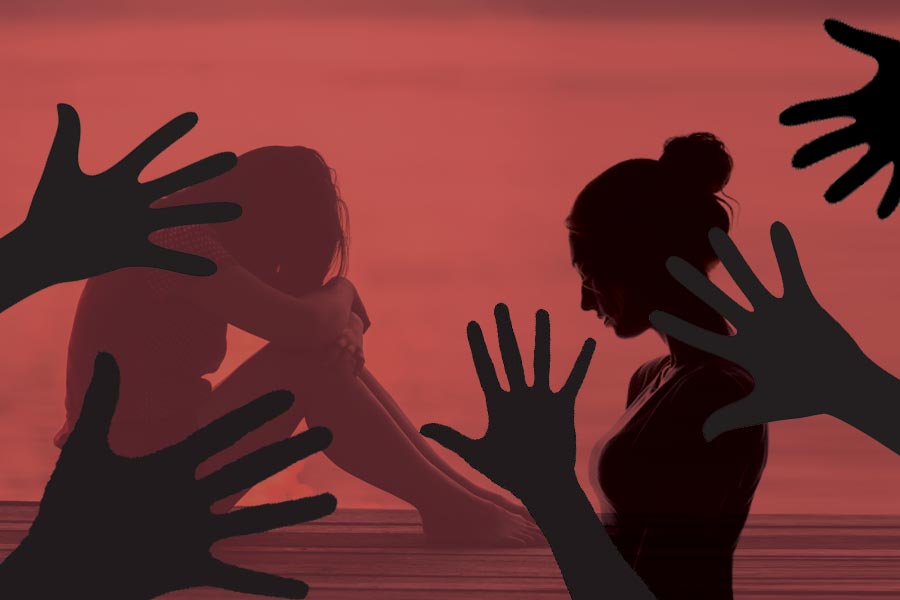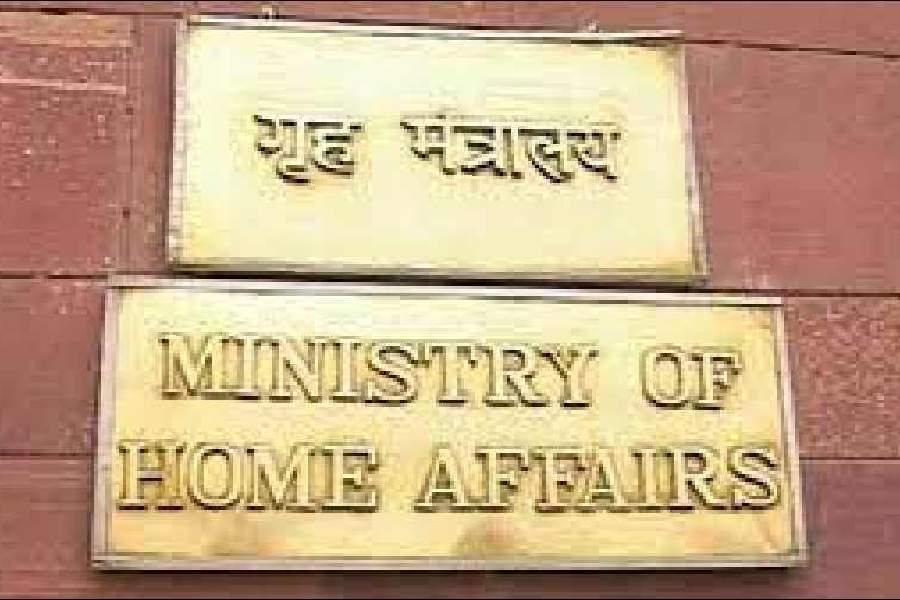Even as Season 2 of Made in Heaven has received largely positive reviews — arriving as it is four years after the much-lauded first season — t2 sat down for an extensive chat with the show’s directors: Zoya Akhtar, Reema Kagti, Alankrita Shrivastava and Neeraj Ghaywan to talk about the Prime Video series that gift-wraps social messaging and life lessons in the glitz and glam of extravagant weddings.
Season 2 of Made in Heaven comprises some memorable moments. What’s the one scene/ frame/ moment that viewers are talking about the most?
Zoya Akhtar: The scene at the end where Nawab (Vikrant Massey) meets Karan (Arjun Mathur). As Nawab says in the scene, quite a few people have commented that it’s okay to not revere a parent if the parent hasn’t given you the love and care you required. When a person is not accepted for who they are intrinsically, it’s the most painful experience that one can have. They need to acknowledge that they were brought up by somebody who didn’t quite understand them. And it’s okay to not like that aspect of your parent. We don’t often see that in our narratives and it was quite heartening for me to see how viewers picked up on that. Also because it wasn’t a very big narrative — it was just two lines — and that people have noticed it is very important to me.
Reema Kagti: The intent was to try and be as authentic as possible. The show has so many characters and so many stories. The characters from Season 1 have their stories, new characters have been introduced and then we have the episodic weddings and newer stories and characters in them. What’s made me happy is that different things about Season 2 have spoken to people in different ways. If it’s resonating with so many people then maybe we got something right (smiles).
Alankrita Shrivastava: A friend of mine has twin boys and she was so moved by Bulbul (Mona Singh). What really spoke to her was when the show asks how does one raise a feminist son. So many people have engaged and grappled with that question through the series. Some of the other messages I got for Season 2 were expected... like how people have tried to get out of an abusive relationship. But this question of how does one teach one’s son to be a good man... the way people have responded to it is something that I feel very, very warmed by. I have got calls from parents of sons who have told me that the show made them feel that they must question everything and then do the right thing.
Neeraj Ghaywan: What surprised me was how so many viewers cried after watching the show. I was really not prepared for that. I realised what made them do that is that the pent-up trauma of so many generations finds a release in the episode (S2E5 named ‘The heart skipped a beat’, which speaks of Dalit identity).
A lot of my personal life has been thrown into this episode. It was extremely scary for me because I knew that I would be up for criticism, that I would be judged... that fear was too much. But given the reception that episode has received, I feel relieved and very, very happy.
Also, the way Karan handles talking to the little boy in the same episode has struck a chord. My sister is an educator and she told me how she teaches parents to talk to their children with empathy and how they should not push the boundaries. How we handled that aspect sensitively in that episode left a mark on so many people.
Neeraj, you have always been fearless and forthright in putting your Dalit identity into all your work, from Masaan to Geeli Pucchi. What made Made in Heaven such a nerve-wracking experience for you?
Neeraj: I put myself out there the most in this work. In Juice and Geeli Pucchi, I drew instances from my mother’s life. I grew up in a patriarchal household. I have been a second-hand victim of that. My feminism is personal, it’s not political.
I put a lot more of myself into Made in Heaven S2. When I met Alankrita, Reema and Zoya, they already had an idea about a person from a marginalised background who is accomplished but is not insulated by the prejudice of caste. That was interesting to me because the traditional narrative has always been about showing Dalits in the middle of atrocity... they are shown as victims who are either rescued by a privileged cast member or most often subjected to the ‘white saviour complex’. But in this series, the gaze is fresh because it is internal.
When I met them, I ended up narrating my whole life story. In fact, I have not even spoken as much to my therapist as I spoke to them (smiles). They drew so many things so smartly from my story. For example, the Kumar angle (where Radhika Apte’s Pallavi changes her surname from Menke to Kumar and back to Menke) is actually me. I went with ‘Kumar’ for a long time... it’s even there in my passport. People would scrutinise me every time I would tell them my real last name. Last-name scrutiny is the worst kind of prejudice that one can face. It is scarring.
I finally proclaimed my identity on Twitter but my cousins and extended family got upset because me revealing my identity outed them as well. That is the complexity we put in Pallavi’s brother’s character in the episode. Being the sole acknowledged member of the community in the Hindi film industry makes it very difficult for me to survive in terms of taking on the weight and the responsibility.
Even I have second thoughts about what I make. I think that sometimes I should make something fun. But then again I feel: ‘If not me, then who will tell these stories?’ I have these doubts constantly and that’s reflected in Pallavi’s character. There is so much of me in this story that it’s genuinely very scary.
All of you have put out statements after being accused of appropriating someone’s story for Neeraj’s episode and not giving her credit. Does that claim somehow dampen the joy from all the positive feedback that has come in?
Reema: No, we don’t think it takes away anything from us. Something did come up and we felt the need to put out a clarification. It’s out there for everyone to see. That’s all we would like to say about that.
What kind of headspace did you go with into Season 2? Did you constantly have to grapple with questions regarding why the second season took more than four years to be made?
Zoya: The first season did well and when Prime Video greenlit Season 2, we started working on it towards the latter half of 2019. Then we got shut down because of the pandemic. The process had started then itself....
Reema: We agree that the process took some time. Made in Heaven has a very complicated and vast canvas in terms of the number of characters and tracks. It did take us some time to get it right.
Zoya: The pandemic, of course, made us just start and stop the shoot quite a few times. It’s a big circus to get back on the road... lots of actors, lots of characters, lots of locations... production-wise, it was very, very big. It took its time to be made and honestly, we kept our fingers crossed and hoped that it still remains relevant four years after Season 1. That people would still remember the show and like it and come back and revisit it. I am very happy because we have got more love this time. We are very, very grateful.
Was there a conscious effort to make Season 2 more inclusive, both in terms of the plot and sub-plots as well as the characters and casting?
Reema: Yes, definitely! More inclusive, darker, a little bit deeper...
Zoya: More internalised, maybe...
Reema: More internalised and yet much bigger.
Alankrita: Even organically, those are the things we were drawn to. When we were thinking of Season 2, it’s not like we were checking off a list of things we had to do. This season, we wanted to go wider with the kind of stories that may not have got space previously. It was also very organic in terms of what we were feeling excited about. The idea was to dig deeper, for sure.
Making a social statement and retaining the glitz and glam of the big, fat Indian wedding — was that a tough tightrope to walk on?
Reema: At the end of the day, we have tried to be entertaining. As writers-directors, we want to put out material which is entertaining but also relevant.
What do you think it is about Made in Heaven, at its core, that has made it such a consistent winner over two seasons?
Neeraj: I have an alt take on this. I feel weddings are the biggest brandishing of family culture, the biggest display of how a household behaves and functions in their interpersonal, interrelationship dynamic. If you peek into a family wedding, you peek into the dynamic that they share. That is where everything comes out in the open — be it prejudice or patriarchy. A wedding is more than just two people getting married. That’s what I saw in Made in Heaven, which is a show that gets deeper into understanding people and relationships.
The show is primarily about unconditional companionship. I relate so much to Karan and Tara (Sobhita Dhulipala) because no matter how broken we all are from within, sometimes it is just two dysfunctional people fitting in and making things better together and becoming each others’ unconditional support. That has been the common thread in both seasons. In one episode, Tara is really down in the pits and Karan asks: ‘Can I light a cigarette for you?’ That’s what true friends do. It’s more about giving you comfort in subtle ways. I love the overarching element of companionship in the season.
Zoya: The sense of family is very big among our audience. A viewer will always resonate with some character in the series. And as Neeraj said, dysfunction is always a function of family (laughs). One definitely recognises and resonates with that.
There are also two other lenses which I think have made Made in Heaven bigger than what we thought it could be or how it would land. One was having women who do not always behave in the way that they are expected to... women that step out of line or those who don’t conform. Women who defy their pre-ordained roles.
The other one is the LGBTQIA+ lens because that is really not seen much, if at all, on our mainstream screens. Made in Heaven, at some level, normalises it because it is anyway normalised in our lives. So watching Made in Heaven either made people say: ‘Oh, I am watching myself on screen’ or they went: ‘Okay, I don’t know a lot about this, so let me watch and know more’. And, of course, the audience does love watching pretty people and nice clothes (smiles).
Reema: Also, it has shades of grey, which people are identifying with. I have got a lot of feedback which says: ‘Nobody is normal in this show of yours!’ (Laughs) At the same time, that is also precisely the reason why people are connecting to it. It’s not about being normal or not... it’s about not being a black or white person.
Alankrita: I feel that through the show we have been able to tap into the loneliness of people. I feel that has not been given the dignity it deserves in popular culture. When I talk to people, I get the vibe that they feel ‘seen’ through the medium of this show, no matter what their sexual orientation is or their socio-economic status is. I feel they see something of their souls in this show... it’s a very intangible thing but that really draws people into the world of Made in Heaven.
There has been quite a bit of criticism about Kabir (played by Shashank Arora) being used once again as the voice of reason and judgment at the end of every episode. Considering that the character himself is not above judgment and prejudice, was it a wise decision to go with that format again? Doesn’t it make the tone of the show too preachy?
Reema: There were Kabir haters even in Season 1! (Laughs) People found him grating even in the first season...
Zoya: Yes, but in Season 1, we did get a lot of positive feedback about how Kabir’s voiceovers were really liked. We made a conscious choice to keep it in this season too. A lot of critics have said that Kabir sounds preachy and we respect that opinion. We have to accept the fact that for the converted, it will end up sounding preachy. There are people who don’t want it to be underlined. They are like: ‘We can see it. You don’t have to repeat it.’
Even Anurag (Kashyap, film-maker) loved the show but he told us to just drop the voiceovers. And while we respect that, there are also a lot of people who aren’t converted and there are many who don’t get subtlety. And hence, we decided to underline it.
Reema: As writers, I felt it helps us say what we want to say. On a level, it helps us go full circle.
Zoya: But if people haven’t liked it, then it’s on us. Poor Kabir is not the one who should be getting the rap (laughs). He’s a great character. Having said that, he is also us. We all have our prejudices but we still sit and pontificate.
Reema: I got an interesting message which said that people don’t like Kabir because it reminds them that they are armchair pontificators themselves!
Priyanka Roy
What did you think of Season 2 of Made in Heaven?
Tell t2@abp.in

